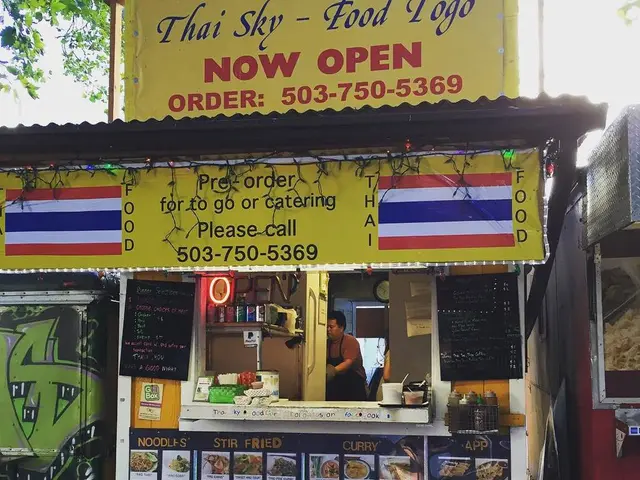Chinese Ambassador issues stern message to India regarding Trump's tariffs in midst of escalating trade feuds
The Chinese Ambassador to India, Xu Feihong, has strongly criticized the U.S. tariffs on Indian imports, positioning them as a form of bullying that violates international trade norms such as the UN Charter and WTO rules. In a statement on August 7, Xu Feihong denounced the 50% tariff imposed by the Trump administration on Indian imports, describing it as a symbolic challenge to multilateral structures and international cooperation.
Xu Feihong's stance reflects China's broader disapproval of U.S. tariff policies that have intensified under President Trump’s second term. The ongoing U.S.-China tariff tensions have led to complex trade negotiations and periodic tariff truce extensions, aimed at preventing further escalation that could disrupt global supply chains and economic stability.
The Chinese Ambassador's comments echo concerns about Trump's tariffs undermining institutions like the WTO and the UN. Several House Foreign Affairs Democrats in the U.S. have warned that Trump's tariff policies could dismantle decades of careful U.S.-India partnership.
The U.S. move to double tariffs on Indian imports is a response to India's continued purchases of Russian oil, a decision that has placed India in a delicate position. With growing U.S.-China tensions and China’s criticism of U.S. tariff policies, India's strategic calculations involve balancing its relations with both the U.S. and China, alongside its ties to Russia.
India must weigh economic considerations, strategic alignment, and global alliances. Economic considerations involve the impact of tariffs on India’s export competitiveness in the U.S. market, particularly in agriculture and dairy sectors. India is seeking alternative trade partners or diversifying supply chains to mitigate the effects of the tariffs.
Strategic alignment involves balancing relations with the U.S., China, and Russia. With the ongoing Sino-American competition and shifting global alliances, India is carefully calibrating its strategic and economic partnerships. China's warnings against U.S. trade tactics potentially encourage India to maintain a multi-vector foreign policy, engaging with frameworks like BRICS, SCO, and fostering ties with non-Western partners to avoid overdependence on any single bloc.
Global alliances are also a consideration. China's stance against U.S. tariffs implicitly encourages India to align more with China and other countries resisting U.S. trade pressures. This environment challenges India to carefully calibrate its strategic and economic partnerships amidst intensifying Sino-American competition and shifting global alliances.
Prime Minister Modi has signaled a readiness to "pay a very heavy price" in defense of the agricultural sector and India's sovereign trade policy. The Chinese Ambassador's message sets the tone for a pivotal phase in global trade dynamics, potentially reshaping allegiances for years to come.
The repercussions of the Chinese Ambassador's stance on Trump's tariffs could reverberate through global institutions and reshape allegiances for years to come. The Trump administration has stated there will be no further trade talks with India until the tariff dispute is resolved. Xu Feihong warned that giving in to such policies would lead to more aggressive actions, using the metaphor "Give the bully an inch, he will take a mile."
The Chinese Ambassador's statement can be seen as a call to principle and unity against coercive economic policy. Chinese overtures suggest a readiness to shape an emerging alliance with India. The current moment is framed by the Chinese Ambassador as a test of multilateral norms, whose outcome may redefine alliances both regionally and globally.








